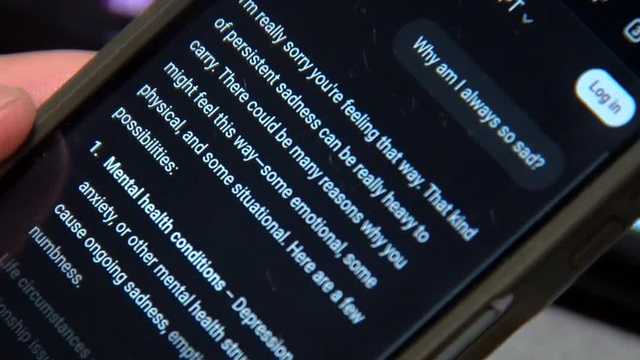
With the global prevalence of mental health concerns on the rise, an increasing number of individuals are turning to artificial intelligence-driven chatbots as a source of emotional and psychological support. These digital tools offer users therapeutic conversations, guided exercises for managing anxiety and depression, and general mental health resources — all from the convenience of a smartphone or computer.
Chatbots designed for mental health support simulate human-like interactions using natural language processing and machine learning algorithms. Popular examples include Woebot, Wysa, and Replika, which provide round-the-clock availability, privacy, and responses rooted in cognitive behavioral therapy (CBT) principles. For individuals who may be hesitant to speak with a human professional, these tools offer a safe and judgment-free space to share thoughts and emotions.
Experts acknowledge the benefits of chatbot interactions, particularly in widening access to basic mental health tools and bridging gaps caused by therapist shortages or affordability challenges. However, mental health professionals caution that while chatbots can complement care, they are not a substitute for licensed therapy, particularly in cases of severe mental illness or crisis.
The growing interest in chatbot-based mental health support reflects broader trends in digital health innovation, especially in the wake of the COVID-19 pandemic. As technology continues to evolve, these tools may play an expanding role in preventative care and early-stage mental health intervention.
Nonetheless, experts urge users to choose reputable platforms and understand the limitations of AI-driven services, especially as concerns over data privacy and efficacy remain subjects of ongoing research.
Source: https:// – Courtesy of the original publisher.








